 In a world where competition for jobs, pay increases, and academic success continues to increase, certifications offer hope because they are a credible, third-party assessment of a candidate’s skill and knowledge for a given subject. To empower learners with these credentials to succeed, school districts across Illinois partnered with Certiport, helping bring industry-recognized certifications to schools and learners in their communities. Discover how this impacted students and employers in their respective areas.
In a world where competition for jobs, pay increases, and academic success continues to increase, certifications offer hope because they are a credible, third-party assessment of a candidate’s skill and knowledge for a given subject. To empower learners with these credentials to succeed, school districts across Illinois partnered with Certiport, helping bring industry-recognized certifications to schools and learners in their communities. Discover how this impacted students and employers in their respective areas.
Why certification?
Illinois’ Career Technical Education (CTE) programs are focused on preparing learners for careers in high-wage, high-skill, and in-demand occupations. Certiport’s certification programs are preparing students for prosperous careers across the state, from rural areas such as Flora, to urban destinations like Chicago.
“In Chicago Public Schools, we are placing high emphasis on teaching in the classroom that have high quality post-secondary outcomes,” said Chandler Meyer-Brown, Director of Career and Technical Education for Chicago Public Schools. “We know that teaching and certifying students has a long-term impact on student success.”
To set learners up for success, districts across Illinois leverage several certifications from the Certiport portfolio, including:
- Adobe Certified Professional certification
- Autodesk Certified User certification
- Communication Skills for Business certification
- Entrepreneurship and Small Business certification
- IC3 Digital Literacy certification
- IT Specialist certification
- Intuit certifications
- Microsoft Office Specialist certification
By selecting a diverse portfolio of certifications, Illinois educators are preparing students to enter the workforce, with doors open to multiple industries. “For many years now we’ve known that students need a variety of credentials when they want to prepare for going into the workforce. Certainly, industry certifications have become an increasingly important building block for our students’ success,” said Anne Cothran, Director of Education for Employment System of the Moraine Area Career System.
How were Certiport’s certifications implemented?
Illinois schools and career centers customized the delivery of the certifications based on their learners’ needs, leveraging Certiport’s “full pathway” resources. This means that schools not only have certifications for their learners but also curriculum and practice tests to make sure all learners are prepared for testing. Each district, school, and educator can decide which resources work best for them and their learners.
Community High School District 218 decided on a pilot program, where educators first tested the curriculum and certifications before offering them to their learners. Each teacher then offered the certification to a handful of learners. “All nine students in the pilot program got certified,” said Frank Lamantia, Curriculum Director for CTE in Community High School District 218. “Seeing that 100% pass rate in the pilot was all the evidence we needed to move forward.”
Illinois educators and district representatives like Frank selected learning products and practice tests to prepare students for their actual certifications. “Certiport provides various resources, like CertPREP and other online teaching resources, that are so helpful for students. We want to make sure they understand what to expect on the certification exams,” said Mohammed Ikramullah, IT teacher at Mather High School.
What was the impact?
Integrating certification in Illinois schools has significantly impacted learners and communities. “Certifications allow my students to leave with something tangible that they can take into the workforce,” commented Robert Lee, a teacher in Chicago Public Schools. Learners across Illinois also shared the impact their certifications have had on their education and job opportunities.
Illinois schools are shaping futures and preparing learners with industry-recognized skills for success — using certifications to open doors and unlock possibilities that were previously unattainable.
Start empowering learners through Certiport certifications. Certiport offers an array of programs that can benefit IT, business, design, hospitality and culinary arts, health sciences, and agriscience educators. Get started today by visiting Certiport.com.
By Hannah Crepeau, Content Manager at Certiport, a Pearson VUE Business. Email questions to [email protected].
The views, opinions, services, and products shared in this post are solely for educational purposes and do not imply agreement or endorsement by Advance CTE, nor discrimination against similar brands, products, or services not mentioned.


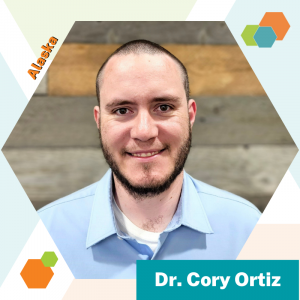 Dr. Cory Ortiz
Dr. Cory Ortiz 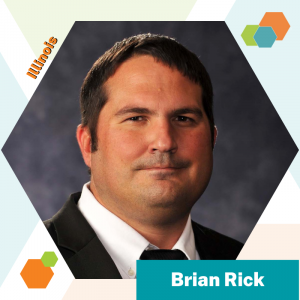 Brian Rick
Brian Rick  Dr. Sara Shaw
Dr. Sara Shaw  Dr. Shelanda Simmons
Dr. Shelanda Simmons Yingfah Thao
Yingfah Thao
 Overview
Overview 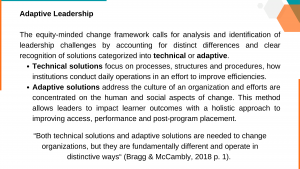
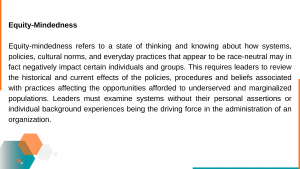
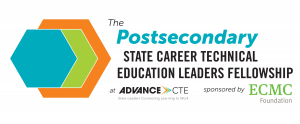
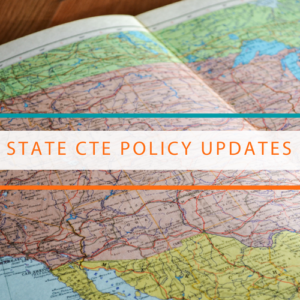 Advance CTE is committed to supporting states as they build cohesive, flexible and responsive Career Technical Education (CTE) ecosystems. With that responsiveness, comes a responsibility to provide quality CTE programs and interventions for learners that exist on the margin of society. One important group of learners that exists on the margin is students experiencing homelessness.
Advance CTE is committed to supporting states as they build cohesive, flexible and responsive Career Technical Education (CTE) ecosystems. With that responsiveness, comes a responsibility to provide quality CTE programs and interventions for learners that exist on the margin of society. One important group of learners that exists on the margin is students experiencing homelessness.  One recent dissertation,
One recent dissertation,  Without Limits: A Shared Vision for the Future of Career Technical Education
Without Limits: A Shared Vision for the Future of Career Technical Education